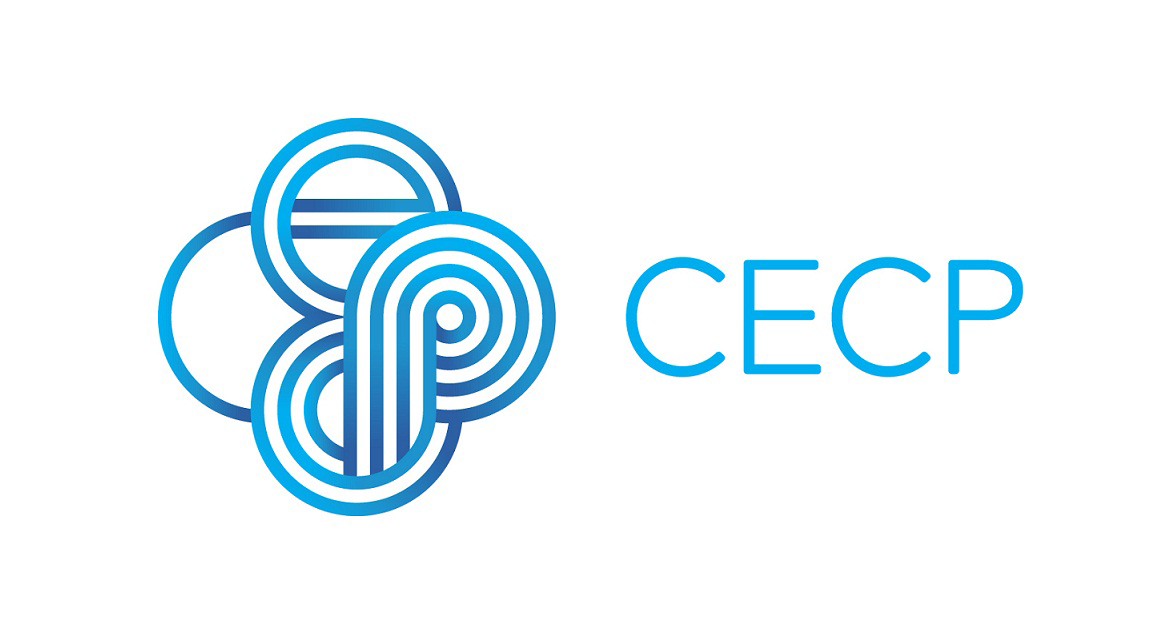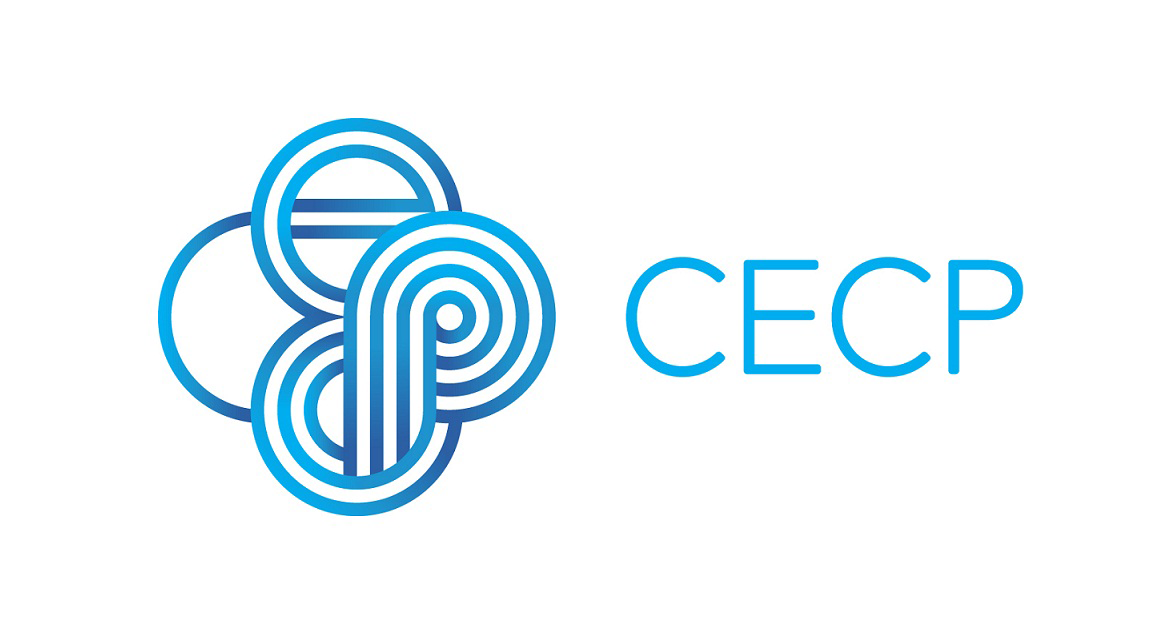CEOs Join With Peer Leaders of the World's Largest Companies to Discuss Accountability in Stakeholder Capitalism
Board of Boards focuses on ESG Metrics

NEW YORK, November 6, 2020 /3BL Media/ — Not taking their eyes off of their commitment to provide stability in an uncertain world, 20 leading corporate CEOs gathered virtually with Brian Moynihan, Chairman & CEO, Bank of America, for Chief of Executives for Corporate Purpose’s© (CECP) first session of the Virtual Board of Boards Series. This closed-door meeting focused on the collective actions by chief executives to identify a consistent, core set of environmental, social, and governance (ESG) metrics and disclosures to convey long-term company performance to stakeholders. The conversation drew from a recent report from the World Economic Forum, an effort Moynihan led with the International Business Council (IBC) in collaboration with Deloitte, EY, KPMG, and PwC, with CECP’s Total Social Investment cited one of the 21 core metrics. Attending the session were CEOs who are a part of CECP’s coalition of more than 200 corporations collectively representing $11.2 trillion in annual revenue and $23 billion in societal investment.
Key takeaways from the conversation include:
- Solving the issues identified by the SDGs, the world’s balanced scorecard that will cost $6TN, will only come by aligning capital, embracing stakeholder capitalism, and underscoring the importance of ESG.
- ESG is high on the agenda for leading businesses, regardless of what happens with the Administration. Companies are making changes that are not required by regulations.
- The IBC metrics are company led as an answer to advocates—including investors, employees, and customers--and to provide a framework to measure progress on stakeholder capitalism.
- Within ESG, the major issues companies need to be focused on include environment, diversity, social justice, skills/jobs, and contributions to society.
- ESG is here; it identifies the companies that are good enough to stay with. Investors have the ability to exclude companies that are not focused on ESG.
- This is not ESG investing, or green or social bonds; this is the regular, standard way a large equity capital holder does its business. Investors will judge all companies by this.
- Addressing ESG metrics will help companies prepare for what’s ahead in 2021 and help it face unprecedented challenges.
“The need for the accountability of businesses is higher than ever; society will look to them to lead on the transition to the 4th industrial revolution, re-skilling, economic mobility, and the evolution of the social contract with employees,” stated Brian Moynihan, Chairman & CEO, Bank of America. “This rests on us.”
“While uncertainly grips the world, these sessions are where CEOs come to discuss system-level changes necessary to solve critical social issues,” said Daryl Brewster, CEO, CECP. “CEOs value CECP’s unique role in bringing their peers together to talk through the pressing issues they are focused on, such as elections, Covid-19, diversity, equity, inclusion, ESG, and sustainability—and the metrics to set meaningful goals on all fronts.”
CEOs from the following companies took part in the discussion: Abercrombie & Fitch, Aflac, Allstate, Carlson Holdings, Catalent, Deutsche Bank, Empire State Realty Trust, EY, Heidrick Struggles, Hershey, PricewaterhouseCoopers, PSEG, Siemens USA, Steelcase, Stanley Black & Decker, Mitsubishi International Corporation, and Winnebago.
In a CECP Pulse Survey in October 2020, more than half of the respondents (68%) have reviewed the IBC metrics. Among those who already reviewed it, 62% made a decision to take action on advancing it within their company. A few actions reported include using it as input for annual reporting and assessing alignment with the current ESG metrics.
CEOs discussed the need to disclose information about their forward-looking plans, which CECP’s CEO Investor Forum is focused on through the development of Long-Term Plans, with 30 companies delivering them to an audience of institutional investors to date. With a market-tested proprietary set of tools, resources, and advisory services, CECP’s CEO Investor Forum empowers CEOs on their journey to refocus investor expectations toward the long term and supports the work of investor relations, corporate sustainability, corporate social responsibility, corporate communications, and the corporate secretary.
CECP’s Board of Boards pivoted this year from one annual February event with 50+ CEOs in New York City to a series of virtual sessions throughout the year, building on a progression of seven events that started earlier in 2020 to meet the current needs of CEOs. The sessions are designed to convene CEOs for intimate conversations at a time when they seek the counsel of their peers on key issues.
Past CEO conversations include a session with James White, former CEO, Jamba Juice on his DE&I Playbook, featured in Harvard Business Review. Upcoming CEO events include:
- December 3, 2020 with Deanna Mulligan, CEO, Guardian Life Insurance, on her book, Hire Purpose, covering the skill gap and the future of work (registration closed)
- January 13, 2021 with Joe Ocuzoglu, CEO, Deloitte US on government partnerships
- February 4, 2021 with Richard Edelman, CEO, Edelman on the annual Edelman Trust Barometer
- And more to be announced
The events are limited to CECP CEOs, and the agenda and list of confirmed attendees can be found here. CEOs interested in joining another event in the series can register, here.
CECP is grateful to KPMG, Newman’s Own Foundation, and USAA for their support of the Board of Boards series.
# # #
About Chief Executives for Corporate Purpose
CECP is a CEO led coalition that believes that a company’s social strategy — how it engages with key stakeholders including employees, communities, investors, and customers —determines company success. Founded in 1999 by actor and philanthropist Paul Newman and other business leaders to create a better world through business, CECP has grown to a movement of more than 200 of the world’s largest companies that represent $11.2 trillion in revenues, $23 billion in societal investment, 14 million employees, and $21 trillion in assets under management. CECP helps companies transform their social strategy by providing customized connections and networking, counsel and support, benchmarking and trends, and awareness building and recognition. For more information, visit http://cecp.co.

